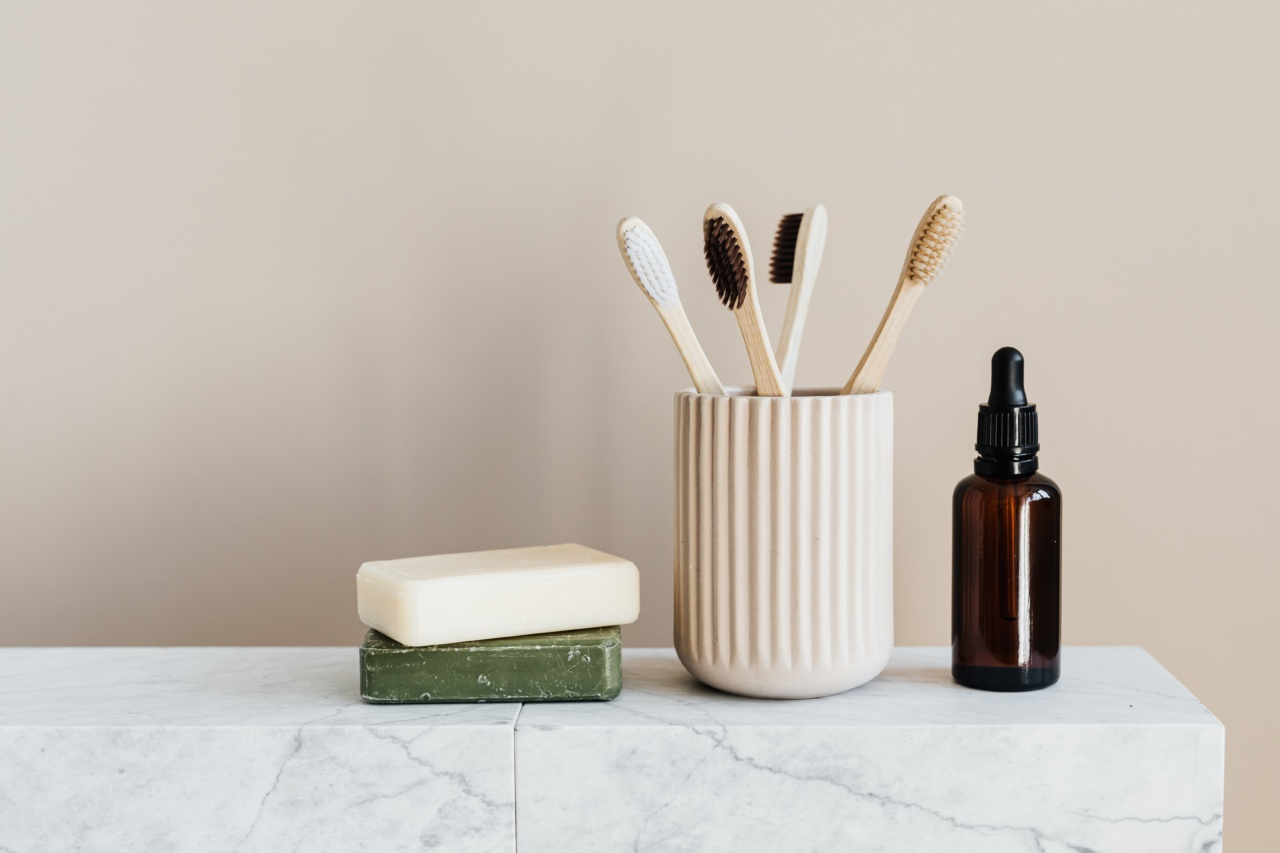Oral health is not only important for a confident smile but it also plays a crucial role in the overall health of an individual. Maintaining good oral hygiene is essential to prevent dental issues such as cavities, gum problems, and bad breath.
Here are 15 essential tips for optimal oral health.
1. Brush Your Teeth Twice a Day
Brushing your teeth twice a day is crucial for maintaining proper oral hygiene. Use a soft-bristled brush and fluoride toothpaste to clean teeth, gums, and tongue. Brush for at least two minutes to loosen plaque and prevent cavities and gum problems.
Don’t brush too hard as it can damage your teeth and gums.
2. Floss Daily
Flossing is the process of cleaning the tight spaces between your teeth where a toothbrush can’t reach. Floss at least once a day to remove food particles and plaque from between your teeth to prevent gum disease.
3. Use Mouthwash
Mouthwash is a great way to freshen breath, kill bacteria, and prevent gum disease. Use mouthwash after brushing in the morning and before sleep at night. Choose a mouthwash that contains fluoride to strengthen your teeth and prevent cavities.
4. Drink Plenty of Water
Drinking plenty of water is essential for optimal oral health. Water helps to wash away food particles and bacteria in your mouth. It also keeps your mouth hydrated, helping to prevent dry mouth, which can cause bad breath and other dental problems.
5. Eat a Balanced Diet
Good nutrition is important for healthy teeth and gums. A balanced diet rich in vitamins and minerals such as calcium and vitamin D is crucial for healthy teeth. Avoid sugary snacks and drinks as they can cause tooth decay and gum problems.
6. Avoid Tobacco Products
Tobacco products, whether they are smoked or chewed, can cause numerous dental problems such as bad breath, stained teeth, gum disease, and even oral cancer. Quitting tobacco products is important for your overall health as well as your oral health.
7. Limit Alcohol Consumption
Alcohol can have negative effects on your oral health. It can cause dry mouth, which can lead to bad breath and other dental problems. Drinking alcohol also increases the risk of oral cancer. Limit your alcohol consumption to maintain optimal oral health.
8. Chew Sugarless Gum
Chewing sugarless gum after meals can help to prevent tooth decay by promoting the production of saliva, which neutralizes acids in your mouth.
Gum that contains xylitol can also help to prevent cavities by preventing the growth of bacteria that cause them.
9. Don’t Use Your Teeth as Tools
Using your teeth to open packages or chew on hard objects can cause damage to your teeth such as chipping, cracking, or breaking them. Use scissors or other tools to open packages, and avoid chewing on hard objects such as ice or pen caps.
10. Visit Your Dentist Regularly
Regular dental check-ups are crucial for maintaining optimal oral health. Your dentist can detect any early signs of dental problems and provide treatment before they become worse.
They can also provide advice on how to maintain good oral hygiene practices at home.
11. Use a Tongue Scraper
A tongue scraper is a tool used to clean the surface of your tongue, removing bacteria and food particles that can cause bad breath. Use a tongue scraper once a day to maintain optimal oral hygiene.
12. Wear a Mouthguard
Mouthguards are protective devices worn over teeth to prevent dental injuries such as chipped or broken teeth. They are commonly used during sports or other physical activities. Talk to your dentist about getting a mouthguard that fits you properly.
13. Replace Your Toothbrush Every Three Months
Toothbrushes can harbor bacteria and germs that can cause infections in your mouth. Replace your toothbrush every three months or sooner if the bristles become frayed.
This ensures that you are using a clean and effective toothbrush to maintain optimal oral hygiene.
14. Don’t Overuse Mouthwash
Using too much mouthwash can cause dry mouth, which can lead to bad breath and other dental problems. Follow the instructions on the label and don’t use mouthwash more than twice a day.
15. Practice Proper Brushing Technique
Proper brushing technique is essential for maintaining optimal oral hygiene. Hold your toothbrush at a 45-degree angle to your teeth and use circular motions to clean teeth, gums, and tongue.
Brush all surfaces of your teeth, including the backs and chewing surfaces.





























